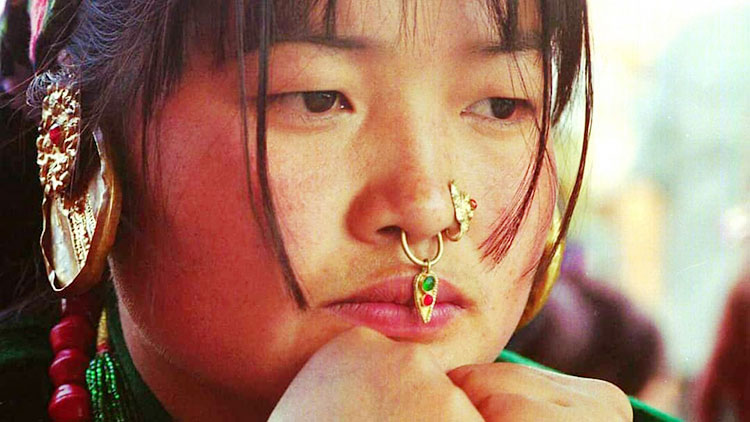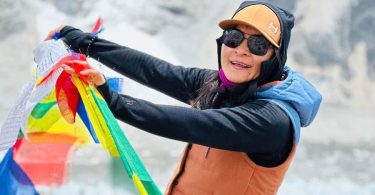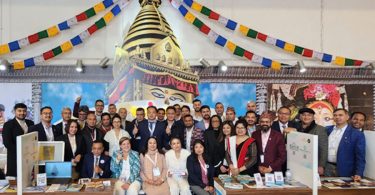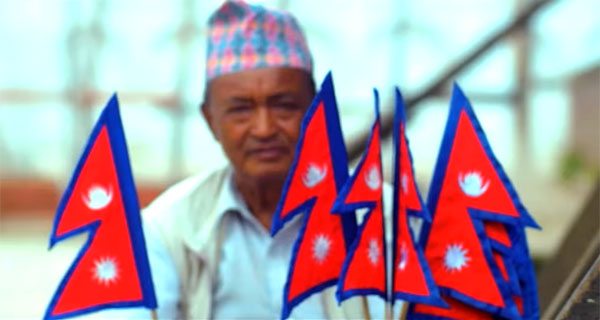The International Day of the World’s Indigenous People is commemorated every year on August 9 to promote and safeguard the rights of the world’s indigenous communities that are holders of diverse culture, language, and knowledge systems that have been predominant in the world through several centuries.

Nepal is home to around 125 indigenous ethnic groups that speak a total of 123 languages. The importance of indigenous traditions for sustainable living and the communities’ special relation with their land is much relevant in today’s context as the world grapples with the issues of over consumerism of modern living which pose threat to the planet.
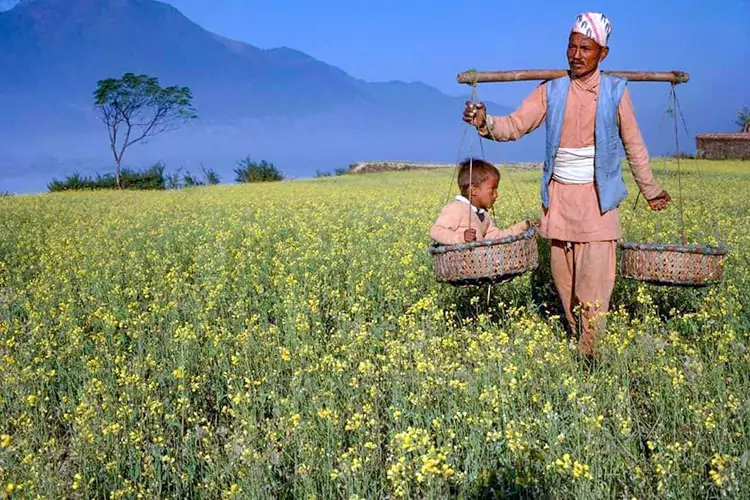
In Nepal too, the indigenous communities have played a great role in the conservation of the ecosystems of the Himalayas through sustainable practices. Interaction with the communities is greatly appreciated by tourists and trekkers to Nepal.
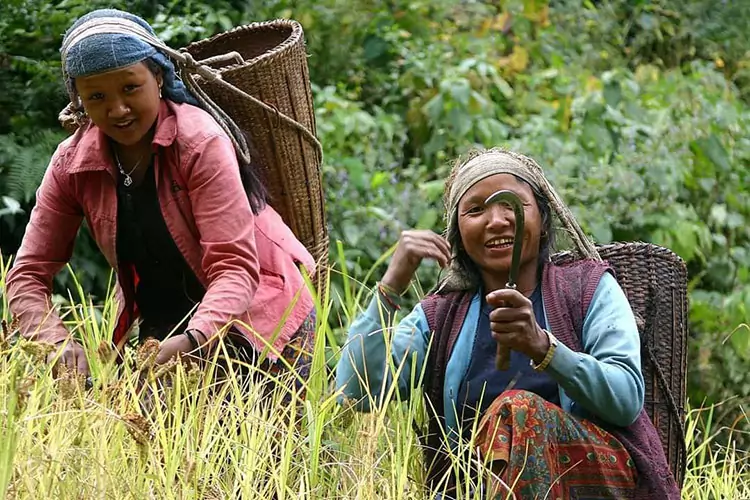

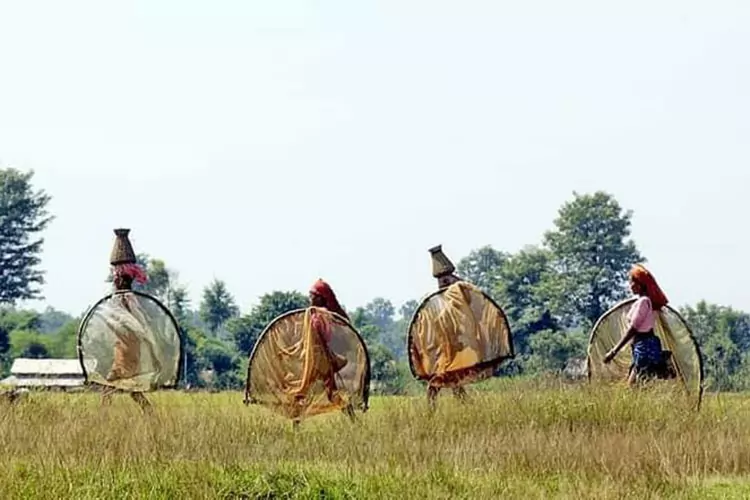
The International Day of the World’s Indigenous Peoples is observed on 9 August each year to raise awareness and protect the rights of the world’s indigenous population. This event also recognizes the achievements and contributions that indigenous people make to improve world issues such as environmental protection. It was first pronounced by the United Nations General Assembly in December 1994, marking the day of the first meeting of the UN Working Group on Indigenous Populations of the Sub-Commission on the Promotion and Protection of Human Rights in 1982.

